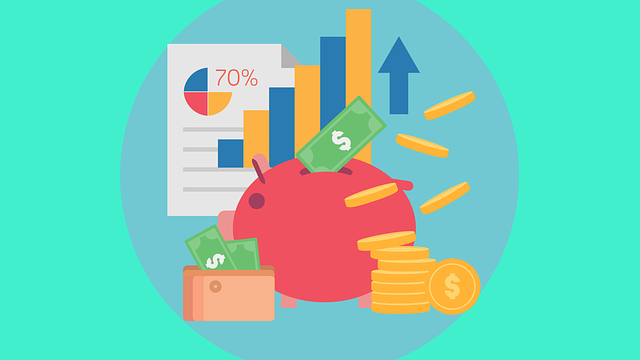6 Money Lessons That We Should Hold Onto Long After The Pandemic Is Over

If we learned any money lessons in the past 18 months, it is that we need to create a financial fortress for when unforeseen threats to our wellbeing arise. A lot of people who weren’t prepared going into the pandemic got hit very hard by companies closing and jobs being lost. That’s not to say you can prevent future financial hardship completely, but as we have learned over the last year and a half, being prudent about your finances can make a world of difference when something unexpected happens.
The truth of the matter is, the government isn’t going to be able to bail us our of every stressful situation. And, as we’ve seen over the stimulus payments sent in the last 18 months, when they do send relief, it isn’t enough to live on for very long.
That’s why we want everyone to be as prepared as they possibly can. Because although the country (and world) are starting to beat Covid 19, who knows what financial challenges may lie ahead.
6 Money Lessons That We Should Hold Onto Long After The Pandemic Is Over
Keep An Emergency Fund
How much money should you keep in an emergency fund? Truthfully, that is up to you, but you probably want to keep it within a range of 3 – 12 months worth of expenses. This way, if true financial hardship or job loss comes your way, you will have plenty of money and time to figure out your next move.
Where you keep your emergency fund is also entirely up to you. Some people like to hold cash in a high yield savings account (which pays you basically no interest), while others might want to keep their money in the stock market to earn more money through dividends and growth. With the advent of online brokerages, it is now much easier to access your invested funds. So if you do choose to keep your emergency fund invested, you will be able to withdraw it within a few days if you really need it.
Create Multiple Streams Of Income

As a general rule of thumb, the more income streams the better. And, if they can be passive income streams, now we’re talkin’!
How do you create multiple streams of income? You can start with finding a lucrative side hustle and then you can take the money from that side hustle and invest it into passive income streams, like dividend stocks or Real Estate Crowdfunding.
Learn A Marketable Skill
The pandemic gave a massive shot in the arm to the gig economy. People who had marketable skills (writing, editing, graphic design, SEO, etc) started flocking to Fiverr and Upwork in droves in order to replace income they might have lost.
These platforms not only allow you to sell your services, but for a lot of people they have completely replaced traditional 9-to5 jobs. Just look at this one woman who is making almost $400K per year freelancing on Fiverr. If that doesn’t make you want to learn a new, sellable skill, then nothing will.
Don’t Sell In A Panic
Time in the market is better than timing the market. In fact, if there is one way tried and true way to make money in the stock market, it is to let the power of compounding do its work.
If you had $100,000 invested in an ETF (like VTI) in February of 2020 and you sold in a panic, even before the major crash. You would have missed out on roughly 40% gain, even if you sold at the high of 171.70 in February right before the pandemic.
Keep A Diversified Portfolio

Actively investing isn’t for everyone. However, even if you are focusing only on ETFs, you should still have a diversified portfolio. It will experience less pain in downturns.
Everyone should diversify their wealth with numerous investment vehicles, including ETFs, dividend ETFS, Real Estate Crowdfunding, IRAs, 401(k) plans, mutual funds, CDs, individual bonds, commodities and crypto. You don’t need to expose yourself to every asset class, but diversity will protect you from market volatility.
Remember Your Long-Term Goals
In times of economic uncertainty, remember the reasons why you’re saving and investing your excess cash. The ultimate goal is financial independence and freedom to use your time in whatever way you see fit. Don’t trade the long term for the short term.